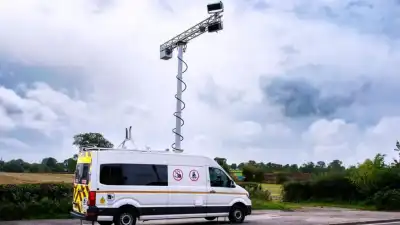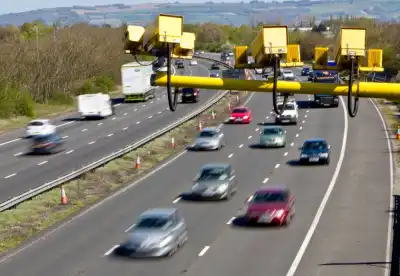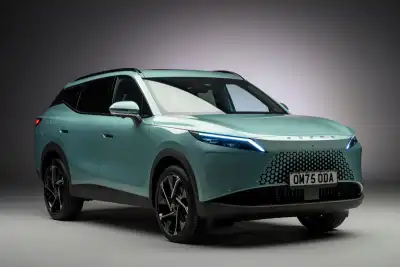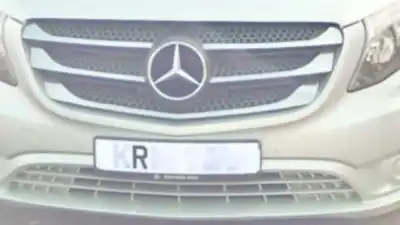Spurred on by lengthy waiting times for new cars during the Covid-pandemic, caused by a shortage of vitally-important semiconductors, which are used extensively in new cars, the prices for used vehicles shot up.
In fact, today the average price of a used car is almost £18,000 – around £4,000 more than just before the pandemic started. In more recent months, waiting times for new cars have reduced dramatically as parts shortages have eased, which brings repercussions on the used market too.
Let’s take a look at what will likely happen to used car prices in the coming months,
Lower-priced used cars will maintain their value
The cost-of-living crisis continues to bite many households up and down the country, with many looking at ways to save money. One way to do this is to downsize to a cheaper, older car, with many choosing to do this over financing a new vehicle and having to keep making monthly payments. It’s worth remembering having a car is a necessity for many.
As a result, the price of affordable, sub-£5,000 cars, has remained very stable, and in fact well-maintained examples of more desirable, low-mileage used cars have actually seen price increases. Those with the lowest running costs and best reliability reputations (such as from Japanese brands like Honda and Toyota) will perform best. We expect such cars to maintain values for many months to come.
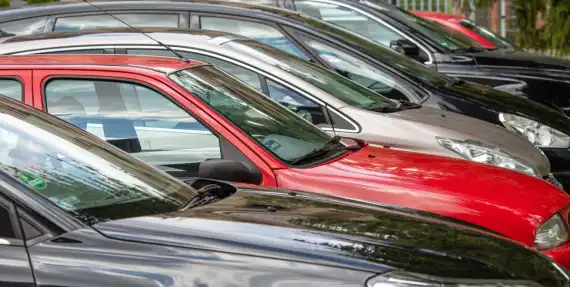
Non-compliant ULEZ cars will depreciate
This August sees the introduction of London’s Ultra Low Emission Zone (ULEZ), which sees drivers of older, non-compliant vehicles charged to drive into London. The expansion later this month covers the majority of areas within the M25.
Though it might only affect those in London, or that drive into such areas, it has gained nationwide attention and also raised awareness of similar clean air zones, which are likely to expand to more cities across the UK in the coming years. As a general rule, to be compliant, petrol cars need to be Euro 4 compliant, which became mandatory for new models in 2006.
But for diesel cars, these need to be Euro 6, which wasn’t officially introduced until September 2015, and therefore many diesel models up to that date will not be compliant. While it’s unlikely to affect the value of your car too much if you live nowhere near a city or current zone, these non-compliant models will be harder to sell in the future, and therefore not be worth as much.
You can check if your car is compliant with ULEZ and other clean air zones by entering your number plate here.
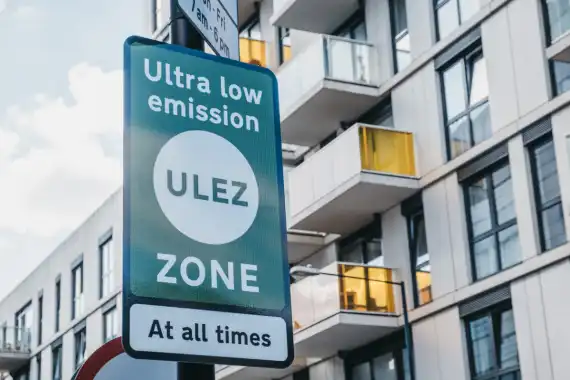
Nearly-new cars will depreciate more heavily than in recent times
The last few years have been an unusual time for newer cars, as extensive waiting times for new cars (some people had to wait two years for relatively run-of-the-mill models), drove up the prices of nearly-new models so motorists could beat the queue.
It led to an unusual position where some nearly-new cars were worth more than brand-new models, with some car owners even making money as a result. But as more new cars are produced, and waiting times are drastically reduced, this trend is being reversed. We’re likely to return to a situation, as has been previously, where nearly new, pre-registered vehicles are being sold at sizable discounts compared to the new price.
Used electric car prices will continue to drop, but plateau soon
There has been lots of press surrounding falling prices for used electric cars in recent months. Though not applying to all used EVs, there has been sizable depreciation recorded on many electric cars. In some instances, such as with a Jaguar I-Pace and Renault Zoe, we’ve seen year-old EVs being sold for less than half of what the vehicle would have been listed at new.
While it means it’s a fantastic time if you’re looking to buy a used EV, it doesn’t inspire confidence for those buying them new. While this trend of falling EV prices will likely continue for the coming months, caused by the easing of new car supply, the market is highly likely to correct itself in the near future.
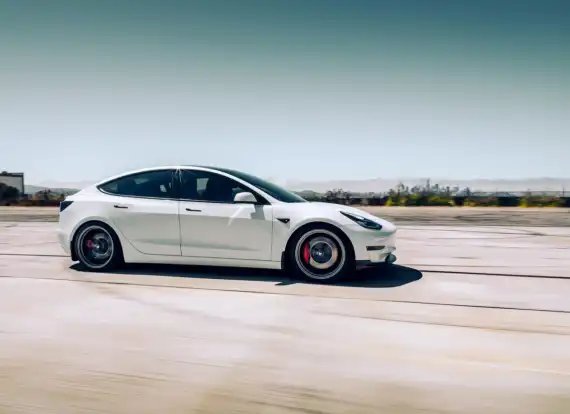
Newer diesel cars might increase in price
Diesel cars have been getting a lot of bad press in recent years, and it’s often unwarranted. Many are seen as ‘dirty diesels’, but in the case of newer models at least that certainly isn’t the case.
Though diesel cars now make up less than eight per cent of new car sales, on the used market, values for these vehicles are actually holding up quite well. With some car dealers not stocking electric cars due to price volatility, many are choosing their bread and butter of petrol and diesel. In fact, in recent months, the price of some new diesel vehicles has actually increased, and by more than 10 per cent in some instances.
Click here to get a free valuation on your current car.

